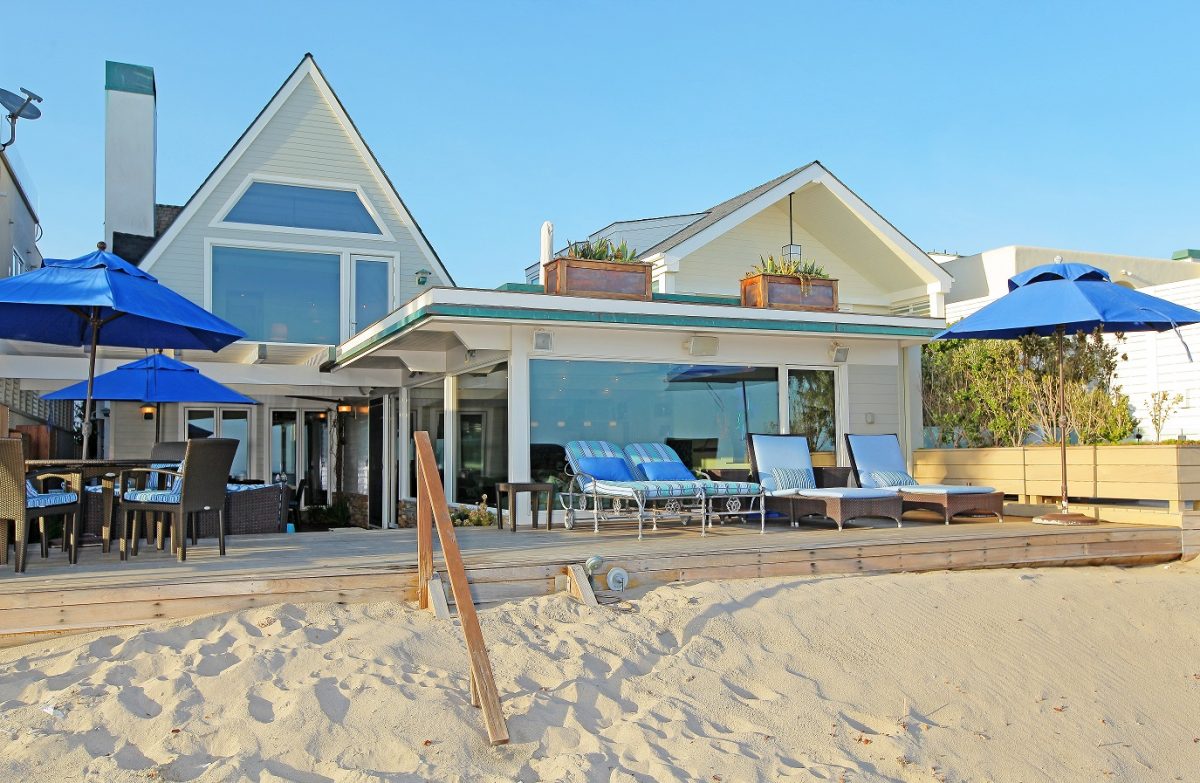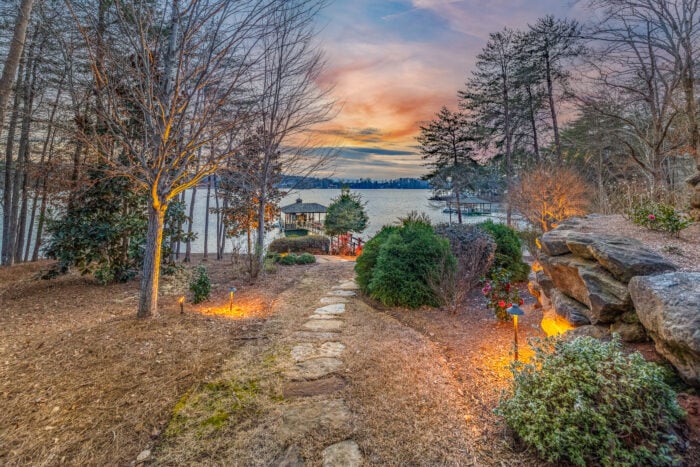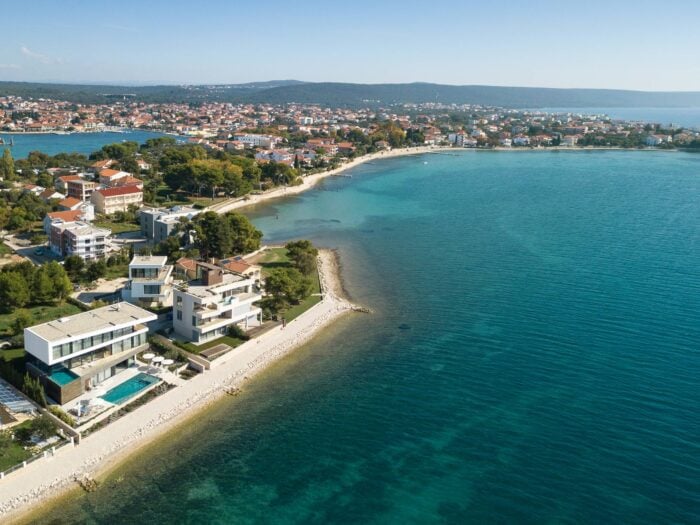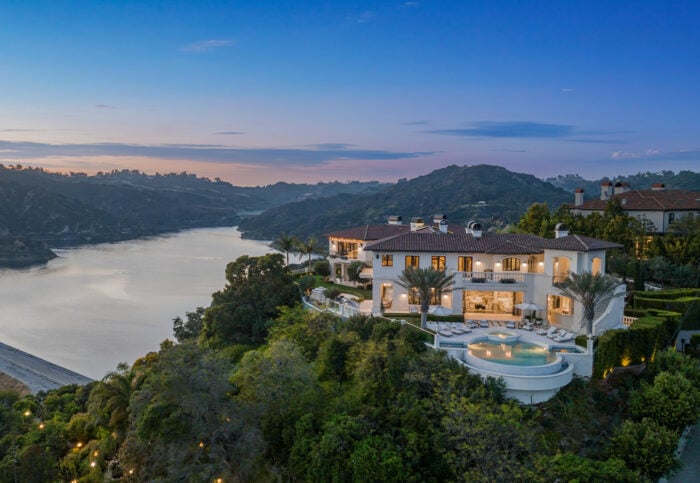Malibu’s housing market has thrived during the coronavirus pandemic, as dwindling inventory in the beach city’s most desirable pockets has pushed home prices well above the normal rates.
With COVID-19 cases continuing to rise across the country, hopefuls waiting out the summer for a bargain during Malibu’s off-peak season may be left out in the cold, according to luxury real estate specialist and television personality Chad Rogers.
“I would say it’s an endless summer,” said Rogers, an agent with Beverly Hills-based Hilton & Hyland, a member of Forbes Global Properties. “Sales right now, especially with everything that’s happening with COVID-19, there is an intensity out there — everyone wants their own little utopia.”
Rising prices have been evidenced at a national level with the annual growth of home prices in July accelerating at its fast rate in nearly two years, according to housing data provider CoreLogic. National home prices rose 5.5% in July when compared with the same month the previous year.
While the number of sales has lagged, a lack of inventory coupled with historically low interest rates has created a highly competitive market in Malibu, as Southern California residents and seasonal visitors continue to jockey for the best stay-at-home properties they can find. The lease market, which historically operates with a level of seasonality, has also experienced a sustained price creep.
“Never in my career have I seen interest rates this low,” Rogers said. “It’s allowing a lot of people to enter the housing market where before maybe it was not an option.”
To evidence the constriction of for-sale and for-lease inventory in the area, look no further than the storied Malibu Colony community. Long a sandy refuge for celebrities and those with big bank accounts, the beach-adjacent gated community has seen its available properties, including some that previously took years to sell, go quickly during the pandemic.
There’s literally nothing available in the Malibu Colony until the next home comes available, and now I’m getting inundated from calls from everyone trying to buy there,” Rogers said.
There are no private beaches in Malibu but Rogers believes Malibu Colony is probably as close to a private beach as one will find. The guard-gated community’s beachfront is primarily reached through Surfrider Beach, which is part of the Malibu Lagoon State Beach comprising the lagoon and Malibu Pier.
“Malibu Colony is about as private as you can get,” he said. “That’s what draws A-list celebrities, high-powered business people and people that kind of want to be away from it all.”
Malibu Colony properties that sometimes took years to attract a buyer are now selling in months, if not quicker, according to Rogers. One of his listings, the beach-adjacent compound of soap opera co-creators William and Lee Phillip Bell, nearly matched the community record when it sold in July for $18.275 million. Another of his listings, this one located on the land-adjacent side of Malibu Colony, traded in October for $7.5 million after just a few months on the market.
Rogers says he now has a waiting list of buyers interested in the area, some of whom are willing to put down money in advance.
“I have to explain to them that I’m not going to take their money right now because I don’t have a house to sell them,” he added.
Even Malibu’s summer rental market, long a seasonal tradition among some well-heeled Angelenos, became as barren as Costco’s toilet paper inventory at the onset of the pandemic. And for the few properties available, people are willing to pay a premium.
“I have listings for $250,000-a-month leases, I have another that leases for $175,000 a month during the summer and $125,000 a month off-peak, and I have them constantly leased out,” Rogers said. “That’s what the quarantine is doing to our real estate market.”
Malibu has always been a tight-knit community, one largely insulated from the affluent Westside areas directly to the east and north. As Rogers puts it, Malibu is “sort of a bubble” and many residents simply “don’t leave the ‘bu.”
“In Malibu, we have our Whole Foods, our markets, some great restaurants, and even a great school district,” Rogers said. “I think some people move to Malibu because they want that very small-town life in a big city.”
Even with everything that has happened in 2020 with the coronavirus and the economic fallout that has resulted from it, Rogers is optimistic about Malibu’s real estate market in 2021, particularly with interest rates expected to remain at or close to record levels.
“The wealthy, especially in Malibu, they are still buying what they want,” he said. “There’s more staying power now when there might not have been if interest rates were higher.”






